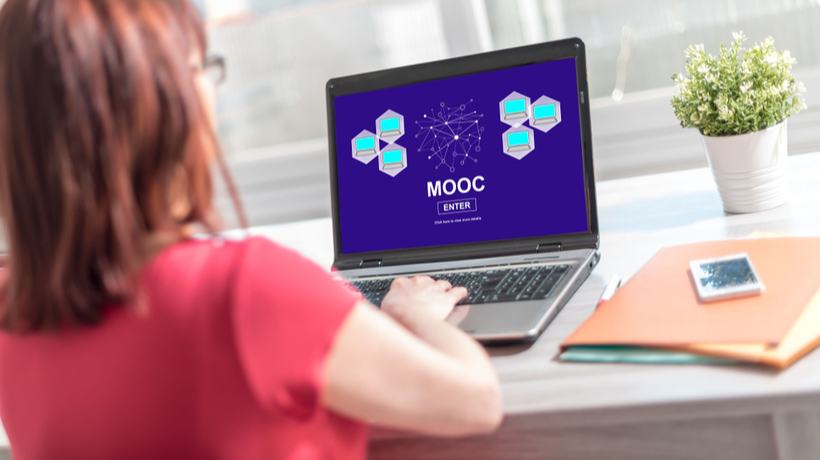Are MOOCs The Answer To Your Employee Training Problems?
The corporate world is changing rapidly these years. As a result, companies are putting significantly more weight into the development of their employees to help them remain efficient. However, no matter how important employee training is, schedules remain tight and goals need to be achieved. Thankfully, it seems that businesses can use MOOCs for employee training to balance development and productivity. In this article, we explore what MOOCs are and how they can benefit employee development.
What Are MOOCs?
Short for Massive Open Online Course, a MOOC is a model for delivering online learning content. Anyone can enroll no matter where they are, and there is no limit of attendance. MOOCs essentially operate as asynchronous classrooms where all training material and assignments are posted on a general forum. From then on, online learners can operate at their own pace. Learners can also use the forum as a means of communication with other learners as well as with the trainer to ask questions or receive additional support. MOOCs are widely known in the field of education, but the business world is catching up.
4 Benefits Of MOOCs For Employee Training
Companies and organizations are quickly realizing that MOOCs could be the answer to offering flexible, cost-efficient, and, most importantly, effective training to their employees. Let’s take a look at the main benefits of using MOOCs to promote employee development.
1. Flexibility Of Access
Given how busy workdays usually are, it might seem hard carving out a few hours every day to attend a training session. Not to mention how short attention spans have become with so many devices constantly demanding our immediate attention. MOOCs allow employees to access training material at any time of the day and for however long is most convenient to them. It could be while commuting, during lunch, or when they take a break from work. Being able to access courses from any device and at any time means that all team members can attend the same course, even if they’re working in different time zones.
2. Cost-Effectiveness
Take a moment to think about traditional training courses. They require a large venue, an instructor/presenter, printed training materials, a projector, and even refreshments or snacks for attendees. Now, tally up the expenses. It’s not looking good, is it? MOOCs can offer your staff just as good—if not better—quality training courses for a fraction of the cost. Initial registration costs are minimal by comparison and remain the same regardless of the number of participants. In addition, by adapting to each learner’s needs, MOOCs improve the retention of new knowledge, boosting your staff’s skill set and your company’s ROI.
3. Innovation And Constant Development
Employees often find themselves having to deal with many rapid changes in the workplace. As a result, their professional skills have to develop just as fast. Using MOOCs for employee training can be greatly effective in reskilling and upskilling employees to fit your organization’s various needs. Considering that MOOCs are an online knowledge source that is constantly being updated, you can rest assured that your employees will always find courses on modern-day issues and with up-to-date materials. Moreover, MOOCs promote interaction among online learners in the form of chats and forums. Therefore, learners from all over the world can exchange ideas and information, and contribute to the quality of the course.
4. Addressing Real-World Challenges And Knowledge Gaps
One of the greatest benefits of MOOCs is that they are highly customizable. Once you have a clear idea of the specific knowledge gaps of your team, it’s very easy to find a course that covers them. And if a new challenge arises, all you have to do is alter or customize content accordingly. This specific attribute of MOOCs can also help you streamline onboarding. With many positions having very specific requirements, it’s possible that your pool of candidates doesn’t tick all the boxes. But with MOOCs, you only have to hire someone that fits the majority of the job description points and train them on the specifics later on.
Conclusion
It’s becoming increasingly clear that businesses have a lot to gain from using MOOCs for employee training. Considering that company staff can now be distributed in different countries, it’s important for employees to be able to access the same training material from any device and at any time. MOOCs also offer companies an affordable and high-quality option for employee training that helps them address real-world challenges. Hopefully, businesses will take advantage of this emerging eLearning trend and start investing in MOOCs to promote employee development.







